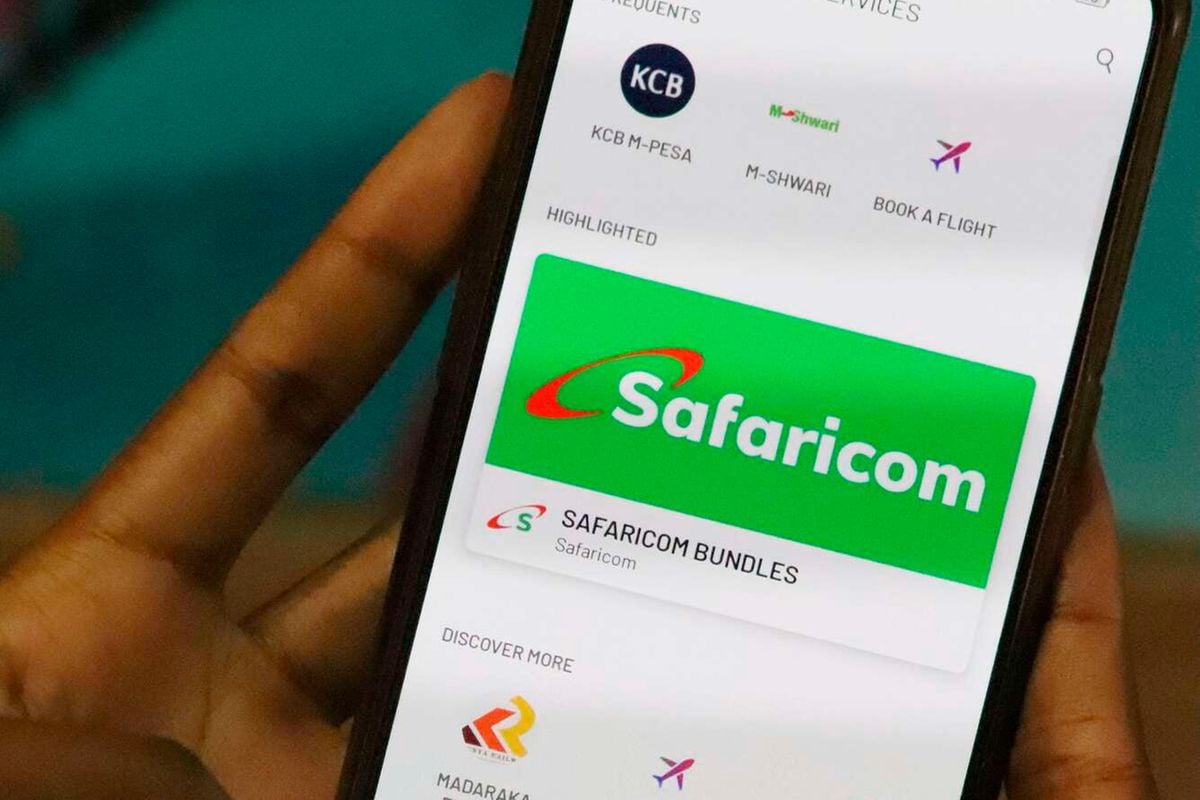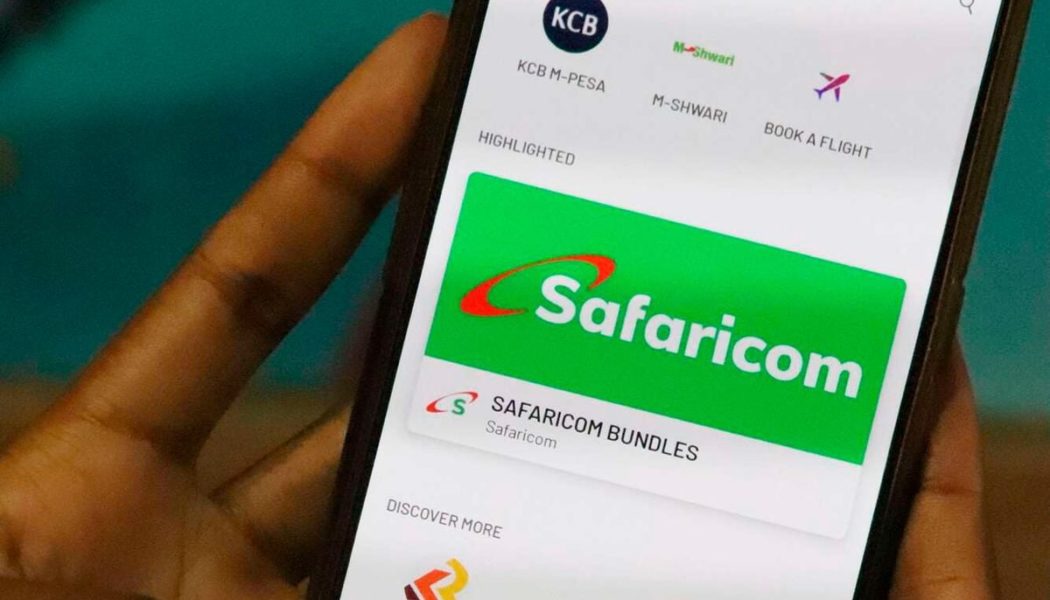
Reversal fears by small businesses such as matatu and boda boda operators have driven up the adoption of Safaricom’s Pochi La Biashara, with the number of tills more than doubling to 632,681 by the end of March this year.
In the same period last year, there were 292,634 Pochi La Biashara tills as small businesses sought to separate their business from their personal cash. The product enables merchants to separate business cash from personal cash. However, it is not possible for a customer to reverse a transaction made through the Pochi La Biashara, a practice that became rampant as more Kenyans paid for goods and services to the mobile lines of merchants.
The increase takes the number of Pochi La Biashara tills close to that of the active Lipa na M-Pesa merchants, which grew by 4.3 percent to 633,009 in the review period.
The products are part of the solutions built on Safaricom’s mobile money platform M-Pesa.
Transactions on the two Safaricom payment platforms, together with the transfer of services, pushed up M-Pesa revenue by 19.4 percent year-on-year to Sh139.91 billion by end of March, results released by the telecoms operator on Thursday show.
Safaricom launched the product in 2020 to allow small businesses which do not have Lipa na M-Pesa line to receive money from customers in a separate wallet.
“A big worry for small business owners using personal M-Pesa accounts to receive payments is how often people take advantage of that by reversing the funds sent to purchase a service or product,” Safaricom was quoted saying in a past article.
“With Pochi La Biashara, one cannot reverse any funds without consent from the other party involved, shielding business owners from fraudulent customers.”
Safaricom launched the Pochi La Biashara product at the height of the Covid-19 pandemic when Kenyans were being discouraged from handling cash to reduce the spread of the coronavirus.
The Central Bank of Kenya (CBK) waived fees on transactions of amounts of Sh1,000 and below. The CBK would later bring this threshold down to amounts of Sh100 and below, allowing people to pay matatu fares, for example, using their mobile phones.
Before Pochi La Biashara, small businesses would either ask customers to include withdrawal fees when sending money to their mobile phone numbers or withdraw from an M-Pesa agent. Small businesses also prefer Pochi La Biashara because the funds sent to the business account would not be deducted by Fuliza, a mobile overdraft facility. Additionally, the business owners can access statements for the account and can opt in or out of the service at will.









